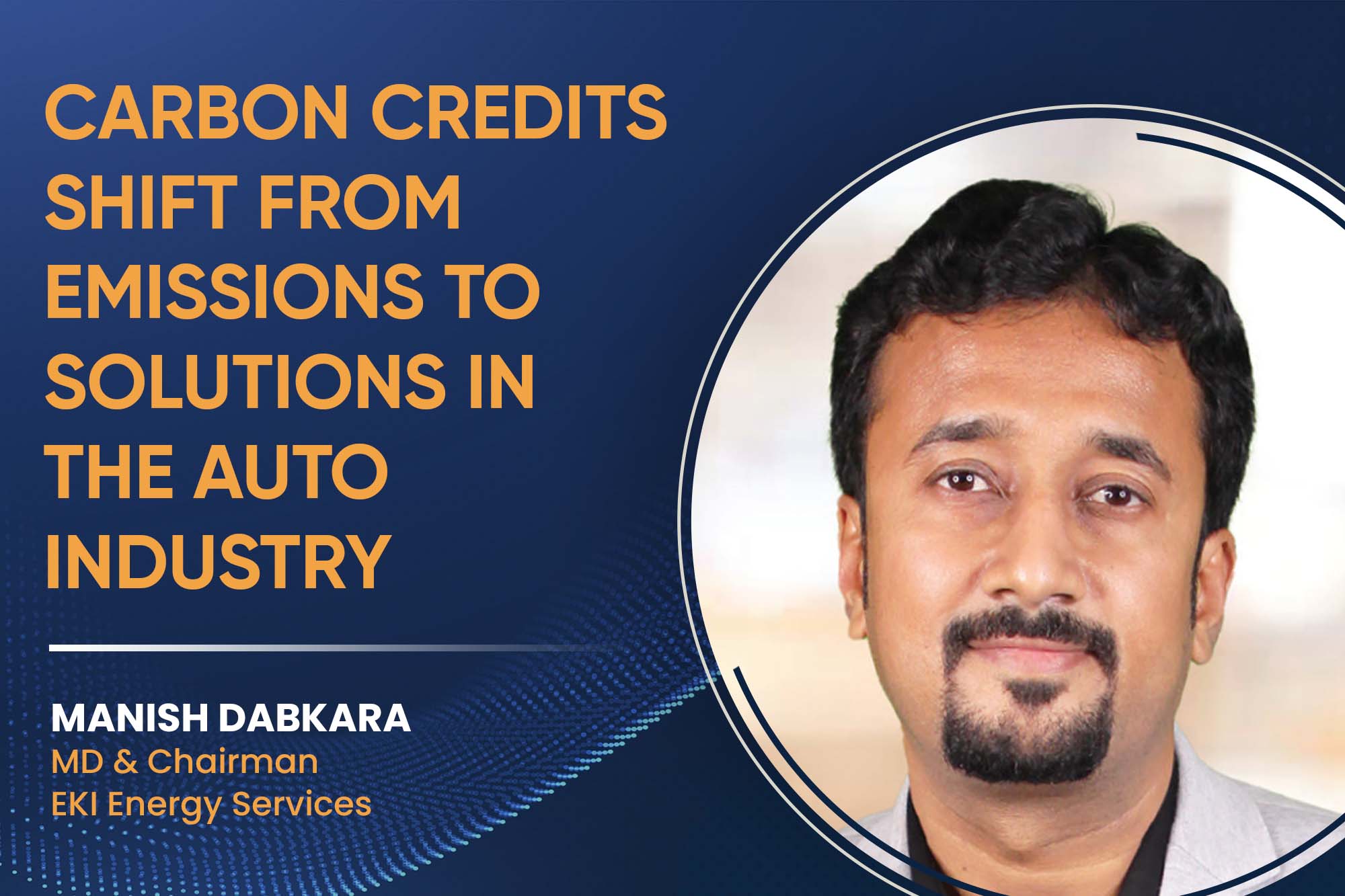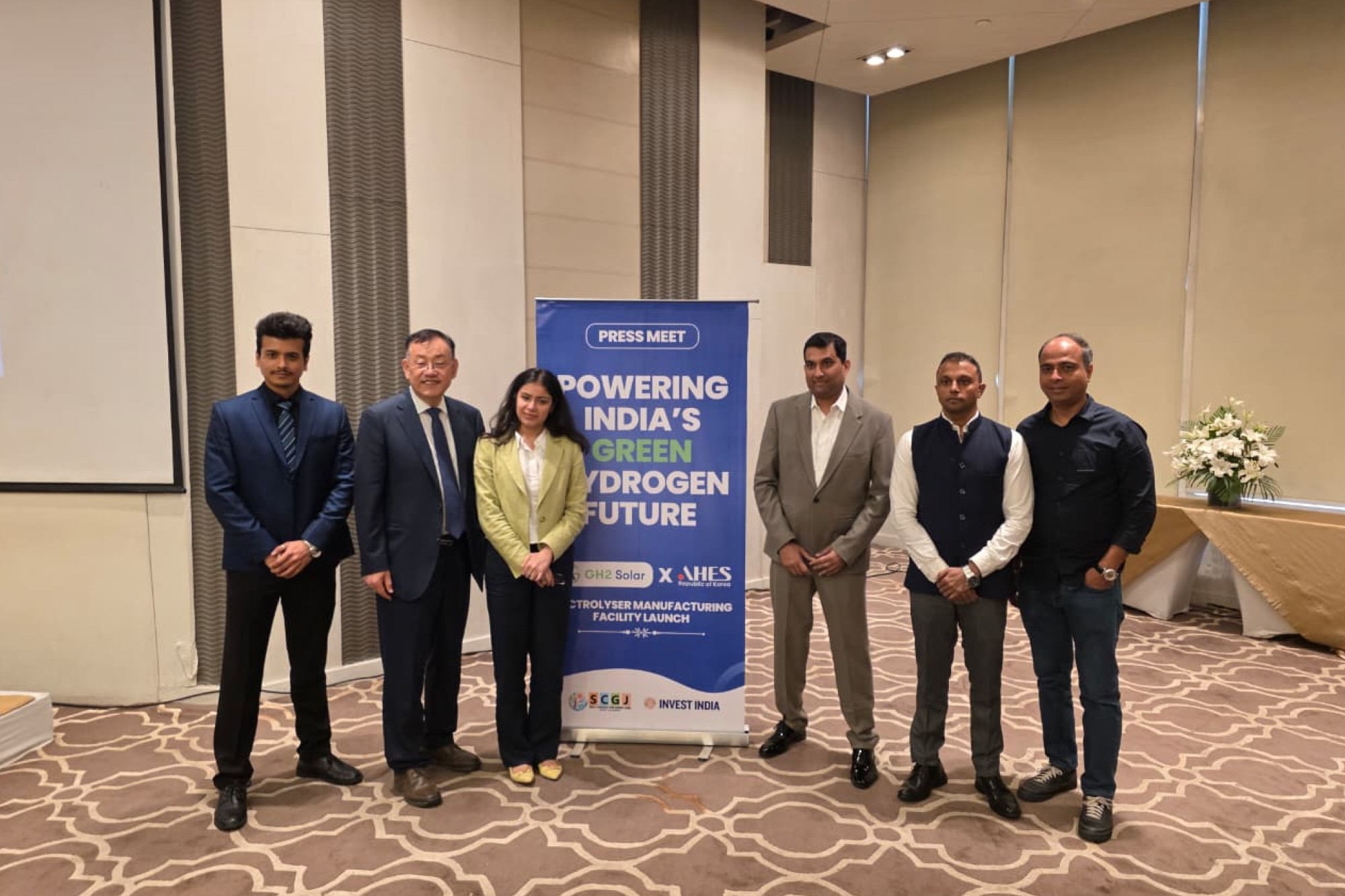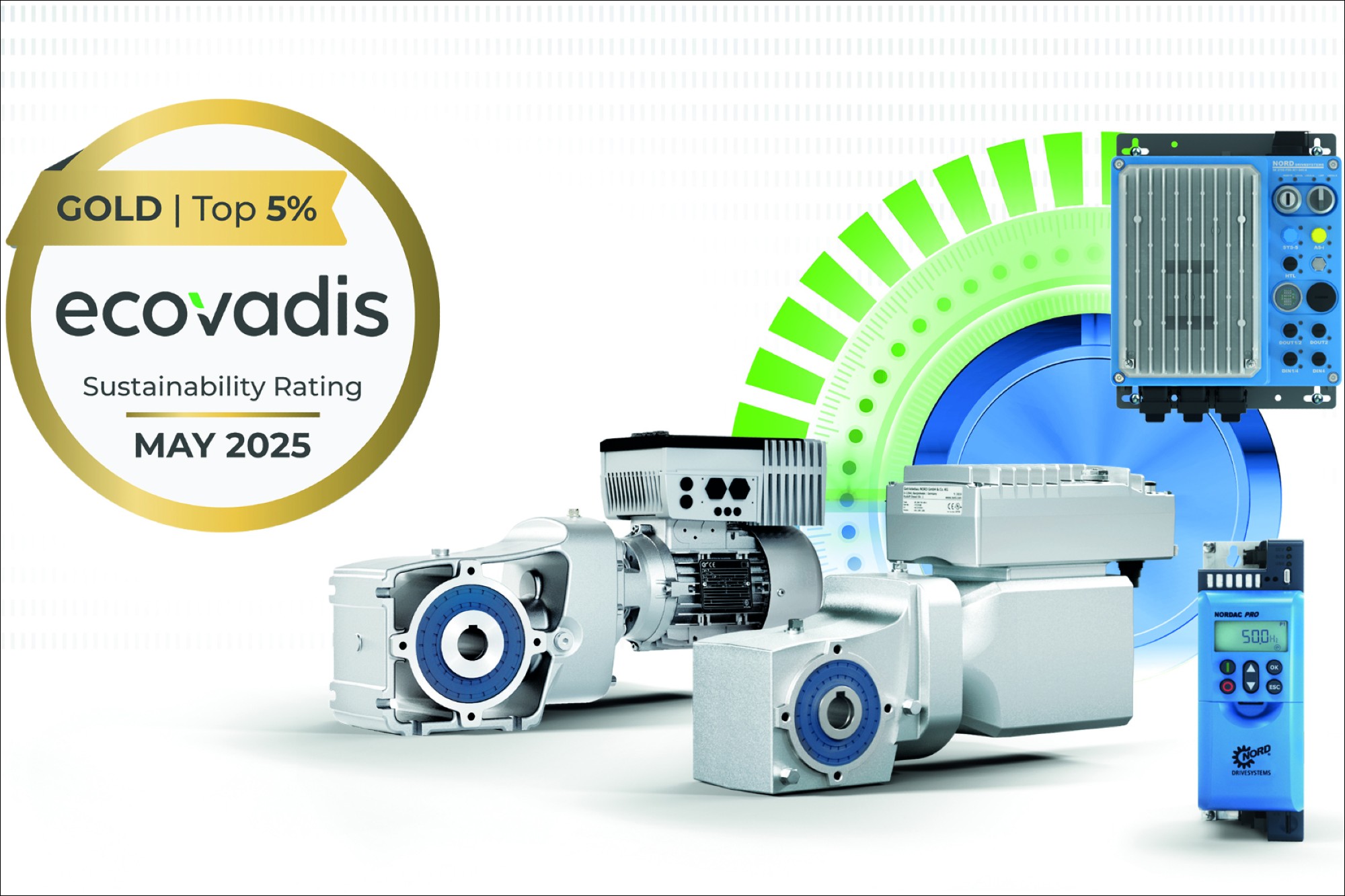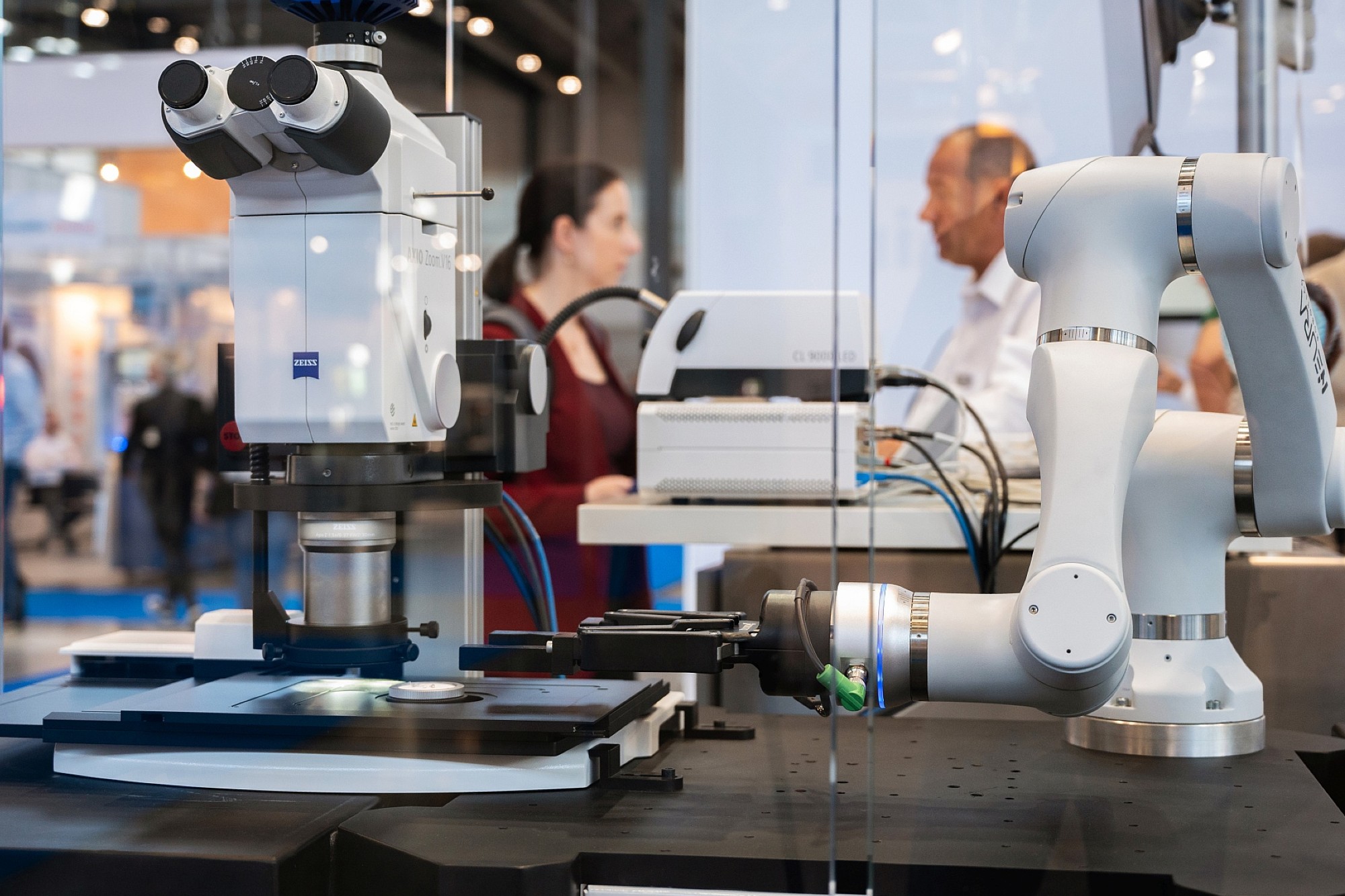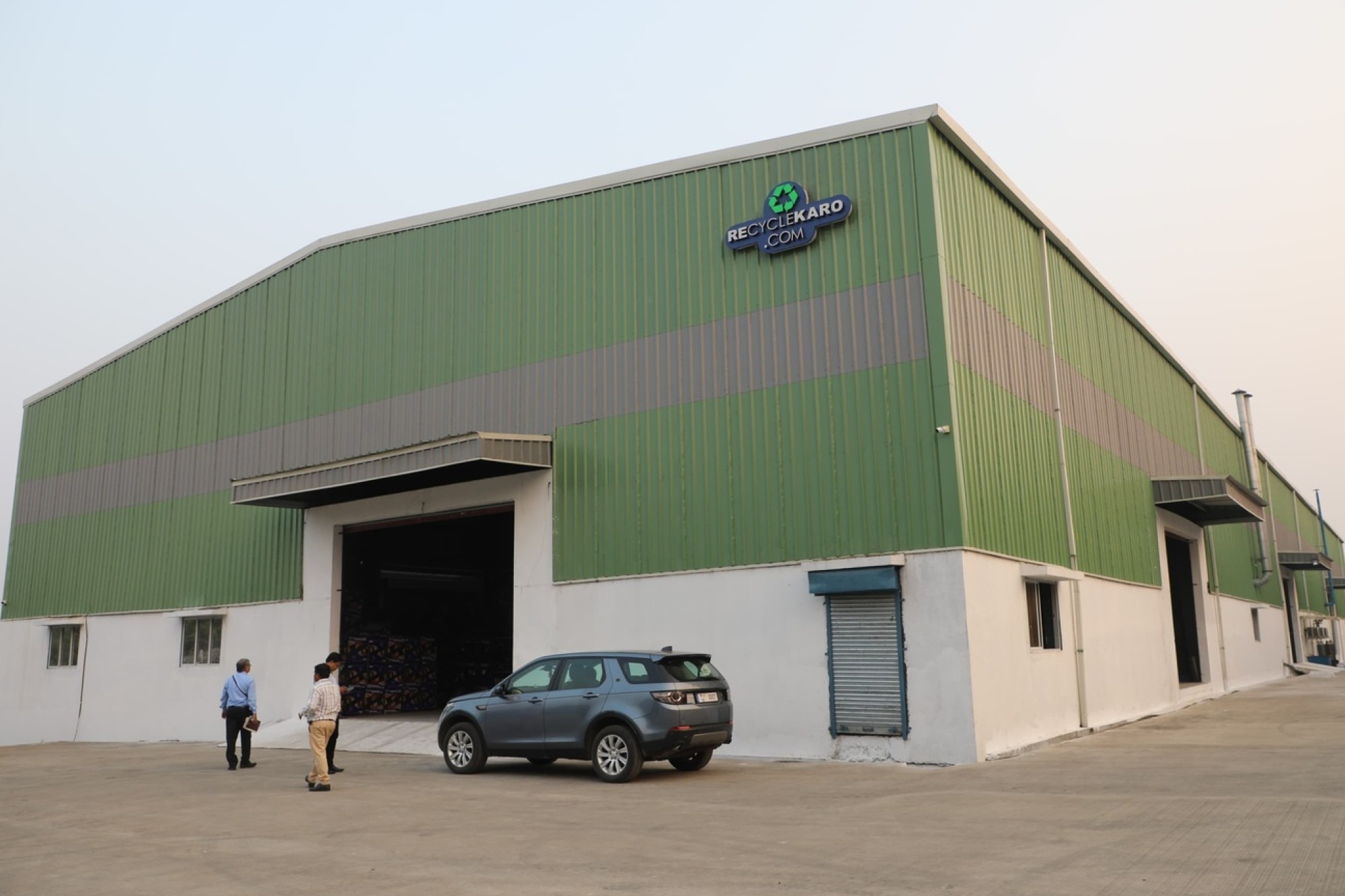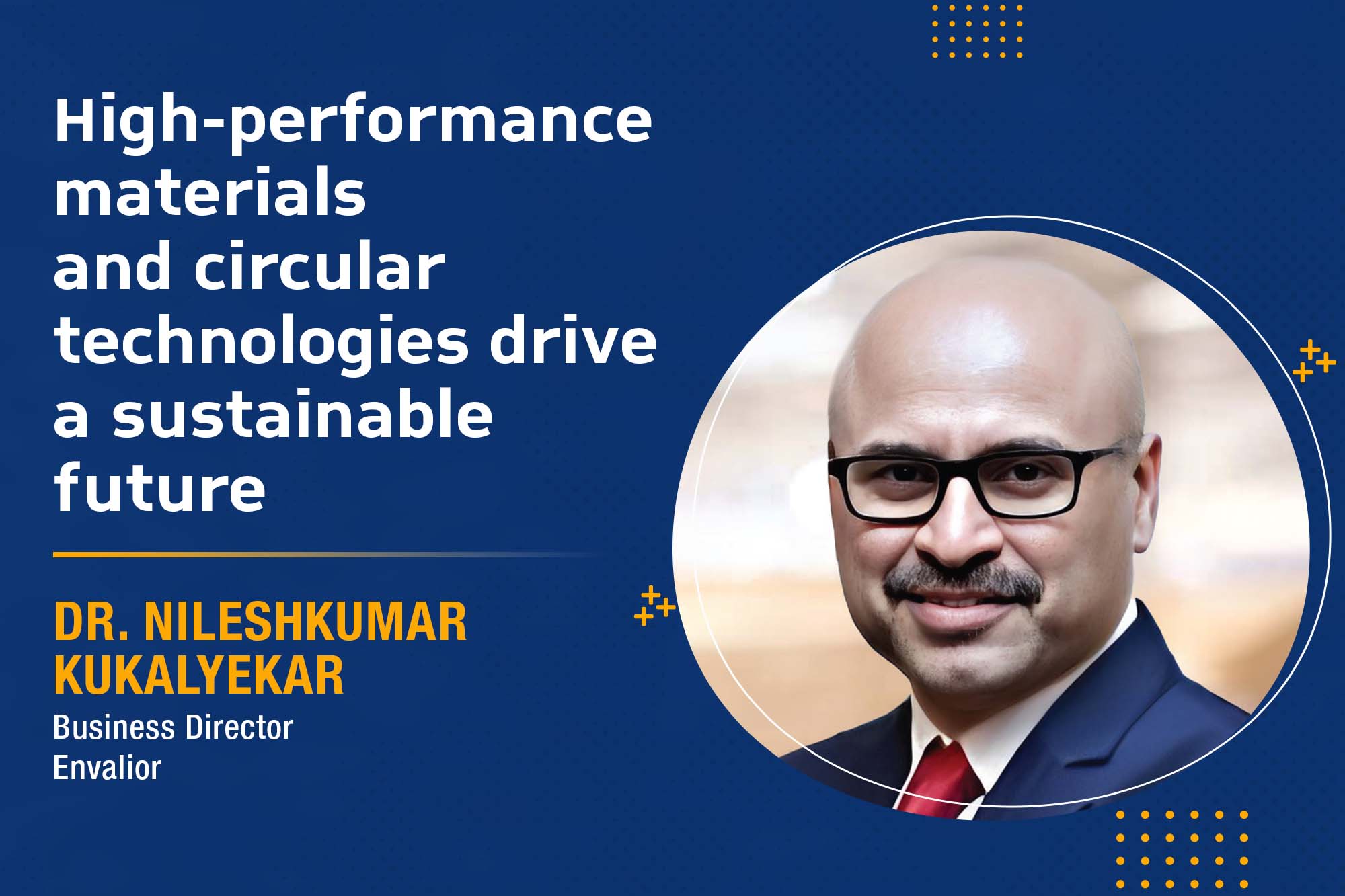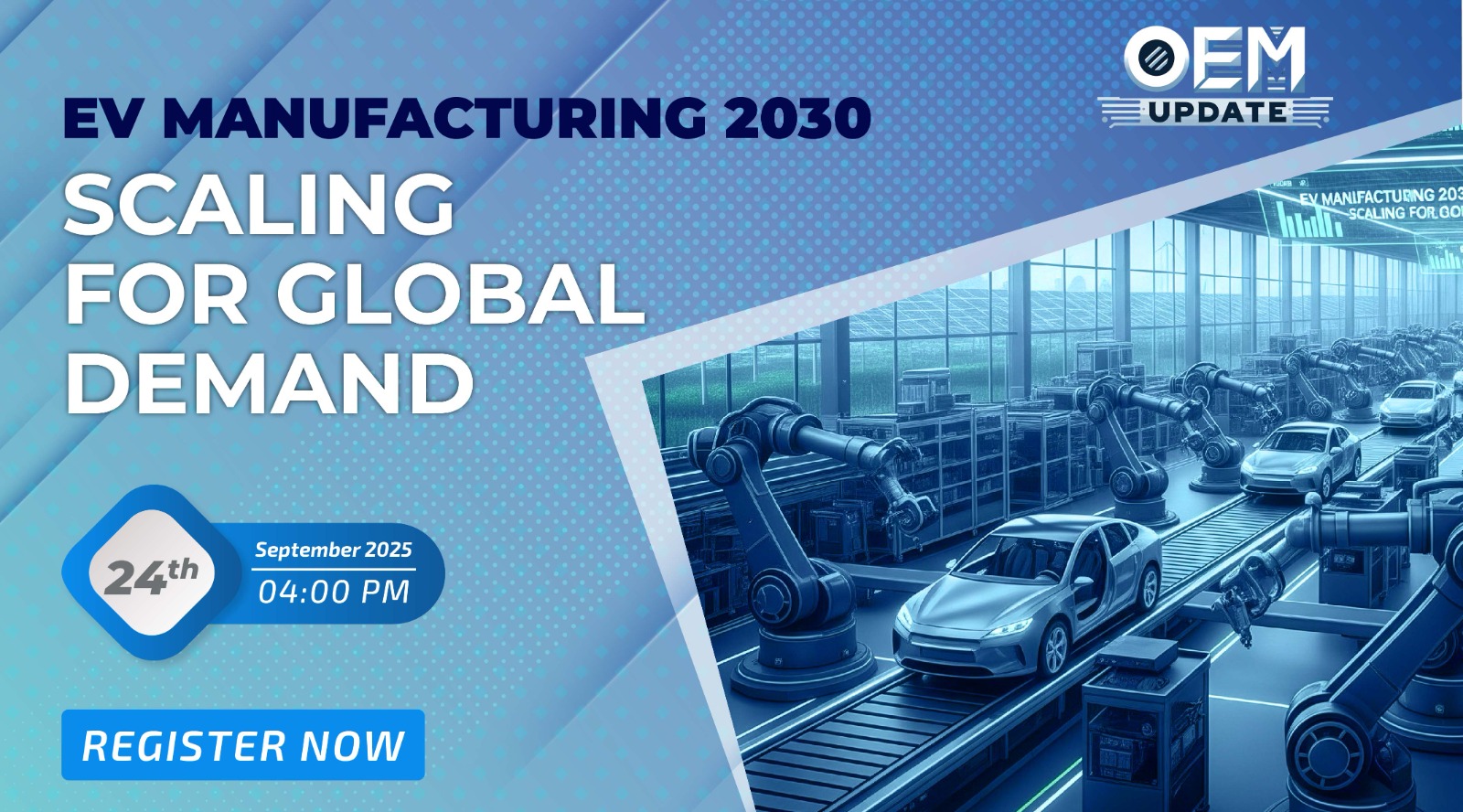Carbon credits shift from emissions to solutions in the auto industry
By OEM Update Editorial May 10, 2024 7:07 pm IST
Carbon credits have emerged as a vital tool in the auto industry’s efforts to mitigate greenhouse gas emissions and transition towards a more sustainable future. Renovating charging infrastructure can provide carbon credits by utilising renewable energy sources to power EVs.
Vehicular emissions influence the 2.5 levels of Particulate Matter (PM) at breathing height in urban air quality, constituting approximately 20-30 percent of the pollution. In recent years, the automotive industry has faced mounting pressure to address its environmental impact and embrace sustainability.
Given the recurring reports in 2023 highlighting the deteriorating situation of climate change, the global imperative to reduce carbon emissions has become a top priority. In such a situation, the spotlight falls on automakers worldwide. By implementing the Corporate Average Fuel Efficiency (CAFE) regulations, the Indian government aims to diminish the collective carbon dioxide emissions from vehicle exhaust. The coming times will be full of activity with the current events in the automobile industry concerning emission killing.
Carbon Credits
The Integrity Council of the Voluntary Carbon Market (ICVCM) defines carbon credits as a tradable intangible instrument issued by a carbon-credit program. They represent a GHG emission reduction to, or removal from, the atmosphere equivalent to one metric ton of carbon dioxide equivalent, calculated as the difference in emissions from a baseline scenario to a project scenario.
A targeted initiative to prevent or absorb carbon emissions results in the issuance of carbon credits. This serves as an offset for a corresponding reduction or absorption of carbon emissions from the atmosphere. These credits are accessible to anyone seeking to reduce their carbon footprint. Polluters’ release of CO2 into the atmosphere is measured through carbon markets, which utilise two distinct types of instruments or assets: carbon emission credits, derived from allowances, and carbon offset credits, originating from project-based issuances.
Corporate Average Fuel Efficiency (CAFE)
The initial implementation of CAFE norms commenced in April 2017 alongside the implementation of BS4 exhaust emission standards, followed by a second phase in January of the previous year. These regulations established limits on total carbon dioxide emissions based on the weight of individual vehicle models and sales volume. The overarching goal is to enhance vehicle fuel efficiency by 35 percent by 2030. The allowable carbon footprint was 130 grams per kilometre until 202 when it was reduced to 113 grams per kilometre. CAFE regulations apply to all engines used in passenger vehicles, including petrol, diesel, and CNG/LPG variants.
Automobile manufacturers advocate for alignment between CAFE penalties and establishing a formal structure for carbon credit mechanisms in India.
Amid all this upheaval, Indian automobile manufacturers have disagreed regarding the methodology for calculating carbon credits. As a consequence of these disagreements, consensus remained elusive during a recent meeting between original equipment manufacturers (OEMs) and the Bureau of Energy Efficiency (BEE) regarding the calculation of carbon credits.
India and auto emissions
At the COP26 conference, the world’s largest climate event, India joined other nations in pledging to achieve Zero Emission Vehicles by 2040 and Net-Zero Emissions by 2070. With various potential pathways available for India to pursue this ambitious goal, the country has experienced a remarkable surge in adopting electric vehicles (EVs) as a primary solution to achieve net-zero emissions. This widespread adoption, driven by the absence of carbon emissions, signifies a significant push towards sustainable mobility in India’s automotive sector.
EVs are revolutionising the automotive landscape. By replacing traditional fossil fuel vehicles with electric mobility solutions, they generate carbon credits. These vehicles use energy sourced from renewable projects or less carbon-intensive fuels, significantly reducing carbon emissions.
The industry employs two methodologies to generate carbon credits: Clean Development Mechanism (CDM) and Voluntary Carbon Standards (VCS). The former involves charging electric and hybrid vehicles to deliver passenger and freight transportation services. On the other hand, the VCS methodology leverages project activities like charging station inauguration and corresponding infrastructure.
Refurbished charging infrastructure can provide carbon credits by utilising renewable energy sources to power EVs. Additionally, EV providers and Infrastructure developers can leverage this opportunity to generate additional revenues from carbon credits, attaining a higher return on investment. Although it is relatively new in the country, it possesses enormous potential for EV charging system owners, who can validate their charging stations for producing credit and monetise the same.
It will mitigate the impact of using ICEs and offer a chance for increased climate action by inviting investment and scalability in the EV landscape.
Cookie Consent
We use cookies to personalize your experience. By continuing to visit this website you agree to our Terms & Conditions, Privacy Policy and Cookie Policy.



